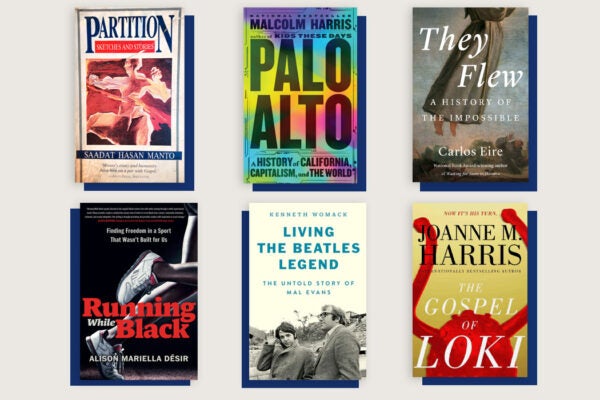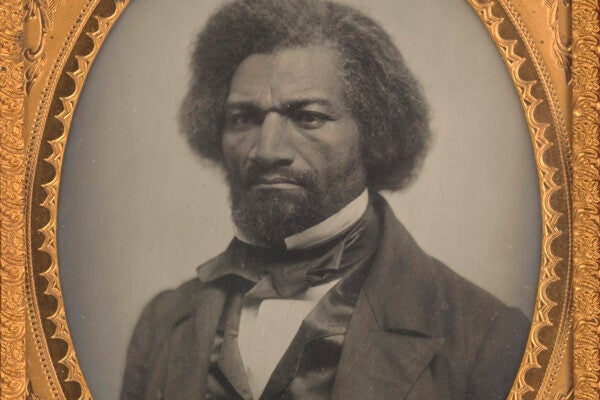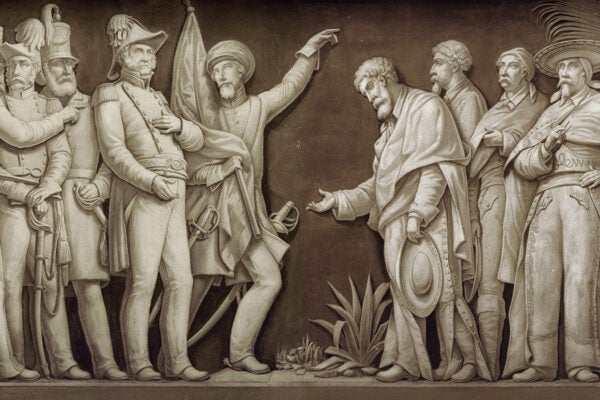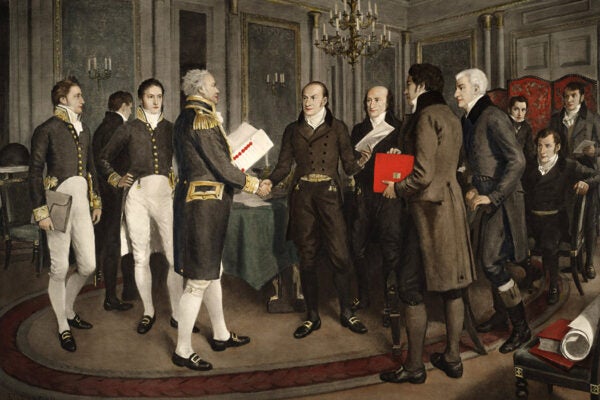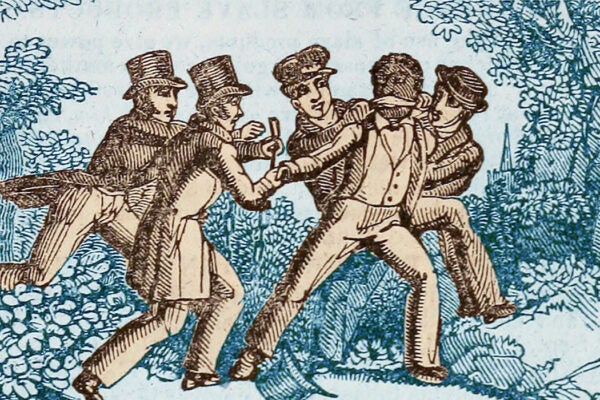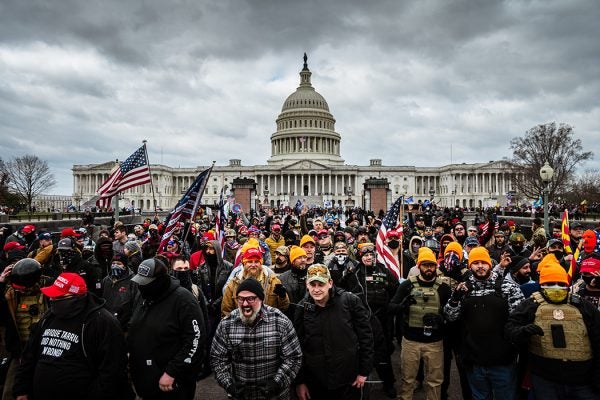The Rise of Anti-Societies
In the early 1800s, Americans formed all sorts of anti-vice societies, triggering jokes and serious resistance to reform through a wave of anti-societies.
What We’re Reading 2023
Enjoy a fresh batch of year-end book reports from all of the readers, writers, and editors at JSTOR Daily!
“What to the Slave is The Fourth of July?”: Annotated
On July 5, 1852, Frederick Douglass gave a Fourth of July speech that became his most famous public oration.
Annexation Nation
Since 1823, when the Monroe Doctrine was first introduced to the world, the US has regarded Cuba as key to its designs for Latin America.
The Women Who Preached in Their Sleep
Was sleep-preaching an ingenious way for oppressed women to subvert the social order through somniloquy?
The Treaty of Guadalupe Hidalgo: Annotated
Signed February 2, 1848, the treaty compelled Mexico to cede 55 percent of its territory, bringing more than 525,000 square miles under US sovereignty.
The Treaty of Ghent: Annotated
The Treaty of Ghent ended the War of 1812, an oft overlooked conflict that continues to shape the politics and culture(s) of North America.
Kidnappers of Color Versus the Cause of Antislavery
Thousands of free-born Black people in the North were kidnapped into slavery through networks that operated as a form of “Reverse Underground Railroad.”
Temperance Melodrama on the Nineteenth-Century Stage
Produced by the master entertainer P. T. Barnum, a melodrama about the dangers of alcohol was the first show to run for a hundred performances in New York City.
The Legacy of Racial Hatred in the January 6 Insurrection
The U.S.’s politics of racial hatred are sustained by a culture of making political compromises when bold action is required.

